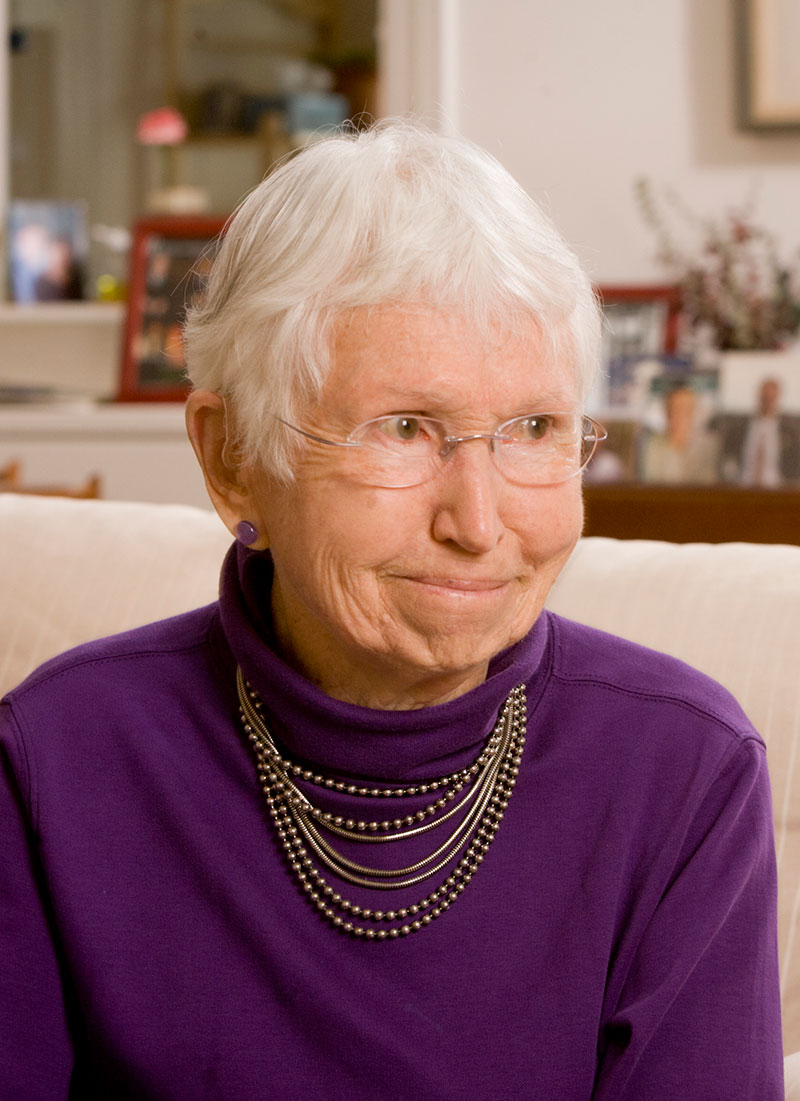Anne Firor Scott made women more visible in the study of American history.
The pioneering historian taught at Duke for three decades and produced scholarship that the National Endowment for the Humanities praised as “groundbreaking research spanning ideology, race, and class” in presenting her with the National Humanities Medal.
“In 1970, Anne Firor Scott of Duke University helped open the floodgates both for women historians and women’s history with ‘The Southern Lady,’” said President Barack Obama at the medal ceremony. “Scott not only destroyed the myth of the perfect but powerless ‘Southern lady,’ but demonstrated how Southern women found their own roles in the public square.”
Scott’s book, ‘The Southern Lady: From Pedestal to Politics’ explored the women’s suffrage movement in the South.
A graduate of the University of Georgia at age 19, Scott completed her Ph.D. at Radcliffe. She joined Duke’s faculty in 1961 and eventually became the W. K. Boyd Professor of History. A series of pathbreaking books by Scott focused on the lives of women of all races and classes, each showing women as active members of their communities.
Many accolades followed. The Organization of American Historians named an award after her and historian Gerda Lerner, which goes to the best doctoral dissertation on U.S. women’s history. In 1991, Scott received the University Medal for Distinguished Meritorious Services, Duke’s highest honor.
Students honored her mentorship and teaching, and faculty praised her collegiality. Historian William Chafe remembers Scott’s warm welcome when he arrived at Duke.
“Anne Scott was a model colleague,” Chafe said. “We became best friends, but even more important, colleagues in helping to make Duke a center for women’s studies and feminist history.
“Anne cared passionately for students, colleagues and equal rights for women. She embodied the best that Duke has offered to its students.”



